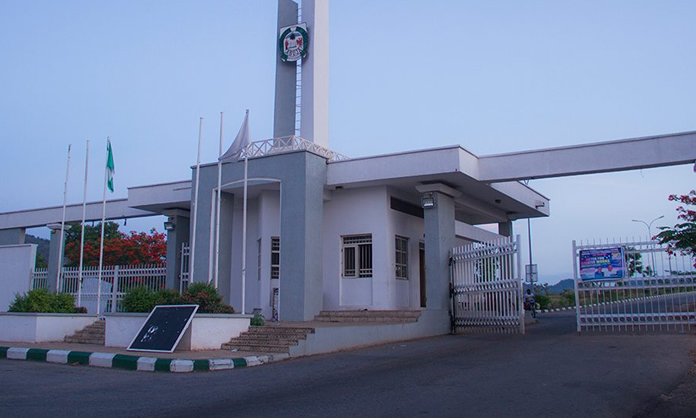Bakers under the aegis of the Premium Breadmakers Association of Nigeria (PBAN) say the hike in diesel price and exchange rate volatility has caused many of its members across the country to shut down their business operations.
In a phone interview with TheCable on Monday, Emmanuel Onuorah, PBAN president, expressed concern that the challenges were affecting key sectors of the economy.
“Things are not getting better. We are still where we are. Diesel price is still hovering between N650 and N700,” Onuorah said.
“Even the price of the nylon that we put the bread in has just increased by about 20 percent. It’s not looking any better. Light is still comatose.
“We don’t know what is happening with the DisCos. Whether system collapse or inadequate generation, there is no public light.
“The diesel is expensive. People are trying to rightsize, scale down, drop workers to remain in business. The government doesn’t seem to be listening to anybody. It’s not even only the bakers, it’s an industry-wide thing. MAN is crying. Hospitals that are running diesel are also optimising.
Asked about a possible increase in bread prices, the PBAN president said, “It will certainly go up. Because if you don’t pass on the cost, how do you remain in business? But on the other hand, are we not Nigerians? Do customers have the income to bear this?
“You have to look at all these things and place everything in context. There is a human element to all these.
“People are bending backwards to see what they can do. Things such as reducing the sizes of their bread or cutting down on the weight. This is so that we can just maintain what are we doing.”
Onuorah said the association had commenced meetings with the federal ministry of trade, industry and investment, but efforts to get government intervention has proved abortive.
“We expected that they would give us some lifeline or intervention or grant to be able to remain afloat. But nothing is forthcoming,” he explained.
“Many of our members are shutting down. For every shutdown, there are job losses. It’s saturating the already-saturated employment market. It’s exacerbating insecurity because when people don’t have jobs, they result in criminality because they need to survive.
“The further devaluation of the naira, the more it affects us because most of our inputs are imported. It affects nylon, margarine, groundnut oil.”
Onuorah urged the government to tackle the persistent decline of the naira against the dollar to make life easier for importers.
“Regarding energy, the government must look at these DisCos. Why are we not able to generate enough electricity?” he added.
“Another thing is the issue of support for the (baking) industry. This would ensure that we remain afloat.”







